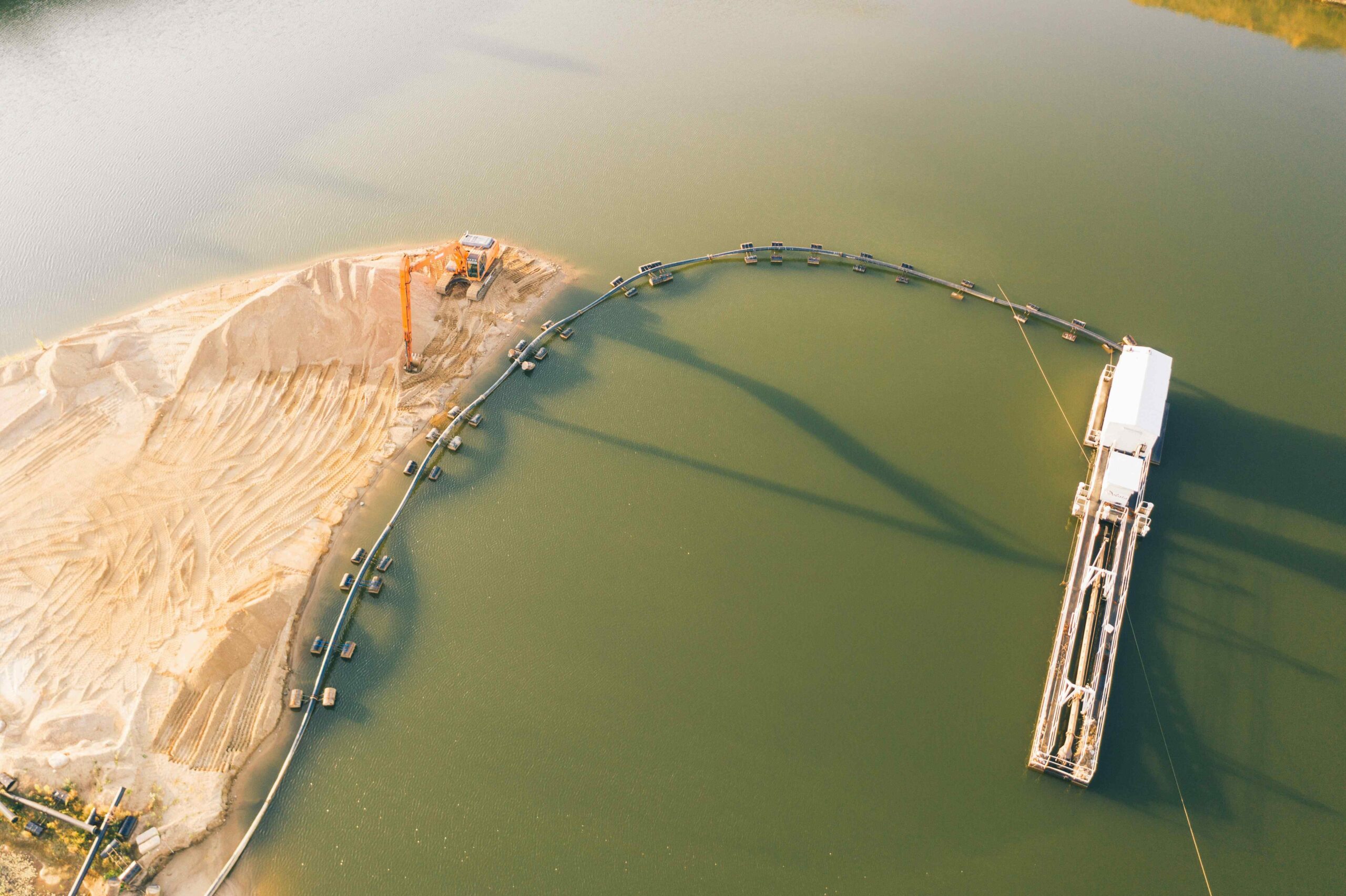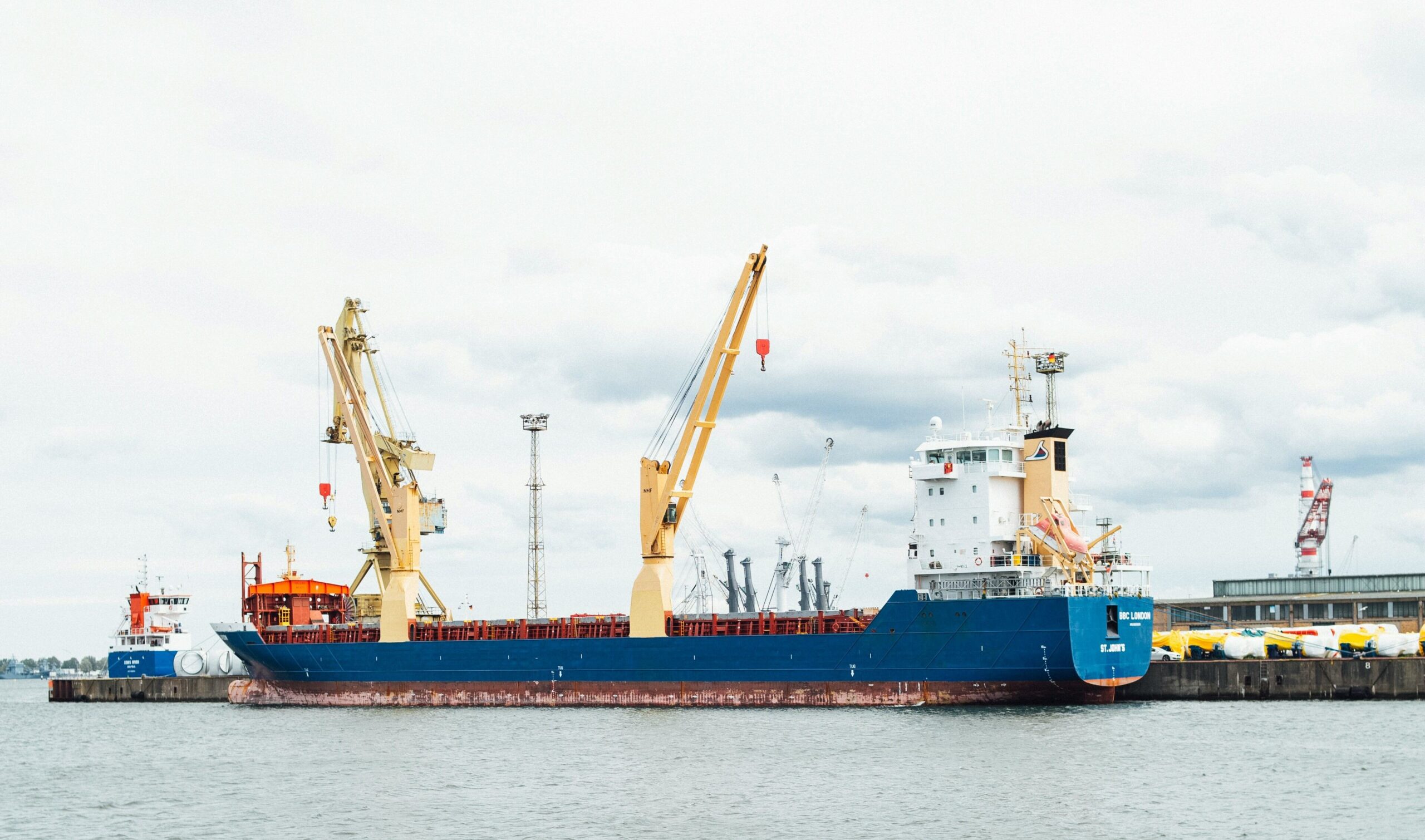Impact of Subsea Mining on Bunker Fuel Demand
Subsea mining represents a burgeoning industry aimed at extracting minerals from the ocean floor, poised to influence global bunker fuel demand significantly. This article explores the potential ramifications of subsea mining operations on bunker fuel consumption, considering technological advancements, environmental concerns, and regulatory
Energy Storage Solutions for Bunker Fuel-Powered Ships
In the realm of maritime transportation, where bunker fuels such as heavy fuel oil (HFO) and marine diesel oil (MDO) are predominant sources of energy, the integration of energy storage solutions represents a promising avenue for enhancing efficiency, reducing emissions, and optimizing operational
Thermo-Fluid Dynamics of Bunker Fuel Injection Systems
Understanding the thermo-fluid dynamics of bunker fuel injection systems is essential for optimizing combustion efficiency, enhancing fuel economy, and reducing emissions in maritime and industrial applications. This article delves into the intricate processes governing bunker fuel injection, exploring thermal dynamics, fluid mechanics, and
Comparative Analysis of Marine Fuel Tax Policies Globally
Marine fuel taxation policies vary significantly across countries and regions worldwide, reflecting diverse economic, environmental, and regulatory priorities. This comparative analysis explores the approaches taken by different nations in taxing marine fuels, the impact on shipping industry stakeholders, environmental considerations, and future trends.
Biofouling Control in Ships Using Bunker Fuels
Biofouling, the accumulation of marine organisms on ship hulls and structures, poses significant challenges to maritime operations, including increased fuel consumption, emissions, and maintenance costs. Bunker fuels, traditionally used for propulsion and energy generation in ships, are now being explored for their potential
Maritime Cybersecurity Concerns in Bunker Fuel Operations
In today’s interconnected digital environment, cybersecurity has emerged as a critical concern across all industries, including maritime operations. Bunker fuel operations, involving the storage, transportation, and management of crucial fuel supplies, face unique vulnerabilities to cyber threats due to their reliance on complex
Effects of Bunker Fuel Additives on Engine Performance and Maintenance
In the maritime and industrial sectors, the optimization of engine performance and maintenance is crucial for operational efficiency, cost-effectiveness, and environmental sustainability. Bunker fuel additives play a significant role in achieving these goals by enhancing fuel quality, combustion efficiency, and overall engine reliability.
Role of Blockchain in Bunker Fuel Supply Chain Transparency
In the complex and globalized maritime industry, ensuring transparency and accountability within the bunker fuel supply chain is crucial for efficiency, sustainability, and regulatory compliance. Blockchain technology has emerged as a promising solution to address these challenges by providing immutable records, secure transactions,
Advanced Sensor Technologies for Bunker Fuel Leak Detection
In the realm of maritime and industrial safety, the detection and prevention of bunker fuel leaks are paramount concerns. Traditional methods often fall short in terms of reliability, efficiency, and timeliness. However, the advent of advanced sensor technologies is poised to transform this
Economic Viability of Retrofitting Ships for Alternative Bunker Fuels
In response to global environmental pressures and stringent regulations, the maritime industry is increasingly considering retrofitting ships to utilize alternative bunker fuels as a pathway to sustainability. This article examines the economic challenges, considerations, and potential solutions associated with such retrofitting efforts. Challenges










